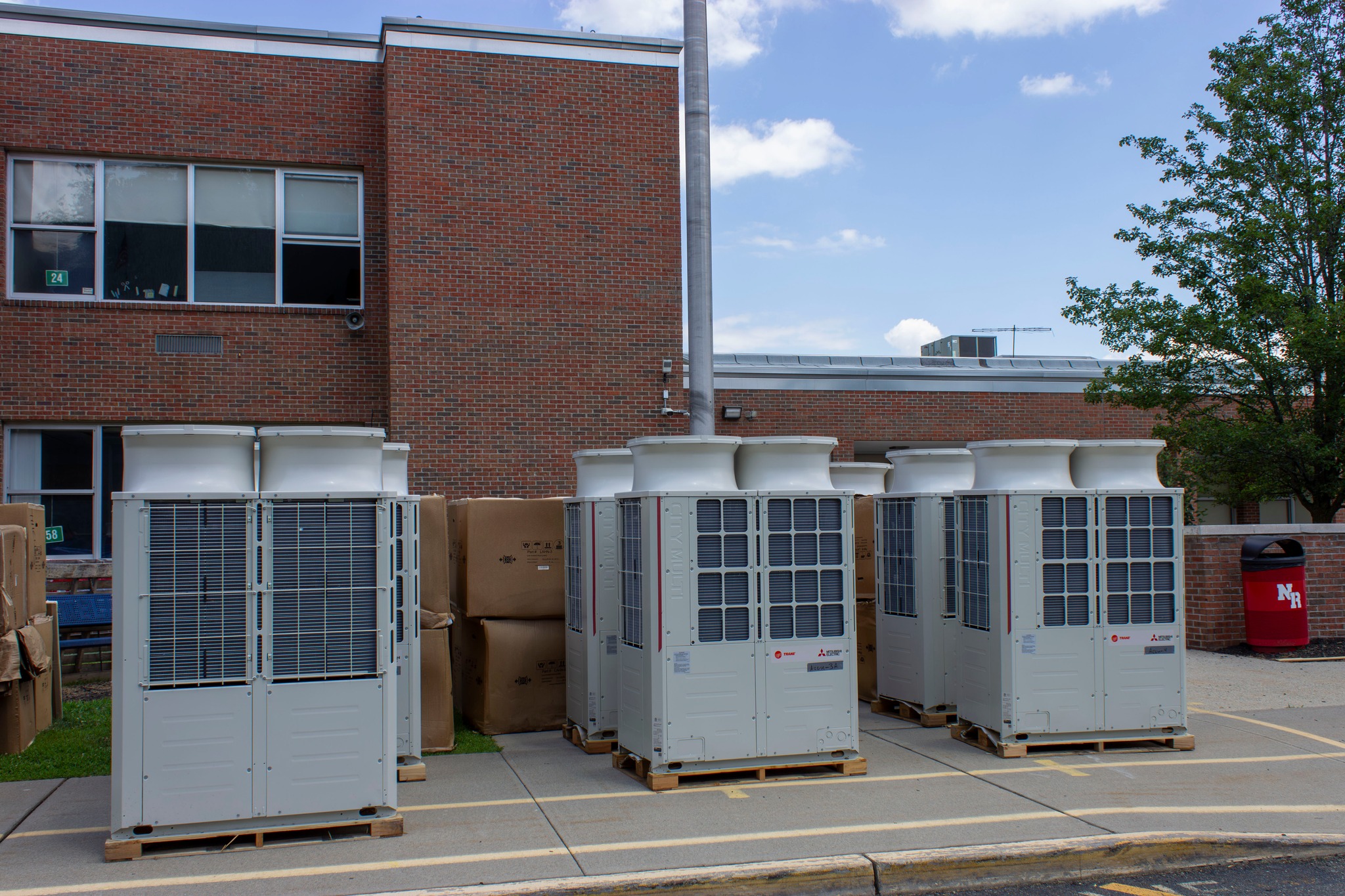
The Future of HVAC Technology: Innovations You Can't Ignore Oct 16, 2025
Let's explore some exciting developments shaping the future of HVAC technology.
Smart Thermostats and Advanced Controls
Smart thermostats have revolutionized how we control our indoor climate. These devices, equipped with Wi-Fi connectivity, allow users to adjust temperature settings remotely via smartphone apps or voice commands. They learn from your habits, optimizing energy use while maintaining comfort. The integration of artificial intelligence in smart thermostats means they can make predictive adjustments based on patterns, enhancing your comfort and potentially reducing energy costs.
Energy Efficiency and Sustainability
As the world seeks sustainable energy solutions, the HVAC industry is no exception. Recent innovations focus heavily on energy efficiency and reducing carbon footprints. Modern HVAC systems are designed to be more efficient than ever, using advanced sensors and algorithms to optimize operation. Heat pumps, which transfer heat rather than generate it, are gaining popularity due to their high efficiency and low environmental impact. Consider upgrading to an energy-efficient HVAC system to lower your utility bills and contribute to a greener planet.
Indoor Air Quality Enhancement
In light of recent awareness about airborne contaminants, indoor air quality (IAQ) has become a top priority. Next-generation HVAC systems incorporate advanced filtration technologies such as HEPA filters and ultraviolet light to eliminate dust, allergens, and pathogens. Additionally, some systems include built-in air purifiers that constantly monitor and clean the air, ensuring that the environment remains safe and healthy.
Internet of Things (IoT) Integration
The Internet of Things is making HVAC systems more interconnected and intelligent. IoT-enabled HVAC systems can communicate with other smart devices in your home, such as lighting and security systems, to create a seamless and efficient living environment. For example, your HVAC system can adjust the indoor climate based on your schedule or the weather, enhancing convenience and energy savings.
Zoning and Smart Ventilation
Traditional HVAC systems often treat an entire building as a single zone, leading to inefficiencies. The advent of zoning technology allows homeowners to divide their space into distinct areas, each with specific climate control settings. This customization not only enhances comfort but can also lead to substantial energy savings. Similarly, smart ventilation systems adjust airflow based on occupancy and air quality, ensuring fresh air circulation without unnecessary energy expenditure.
Innovative Materials and Design
Research into advanced materials and design principles is paving the way for more efficient HVAC systems. The use of phase-change materials and nano-structured surfaces in heat exchangers can improve heat transfer efficiency. Furthermore, modular HVAC systems offer greater flexibility, making installation and maintenance easier and more cost-effective.
In conclusion, the landscape of HVAC technology is undergoing a profound transformation, driven by smart technology, sustainability efforts, and enhanced indoor air quality. Staying informed about these innovations can help you make educated decisions about your HVAC needs and ensure that you benefit from the latest advancements. As always, Acosta Hvac Services is here to provide expert guidance and high-quality service to keep your indoor environment comfortable and efficient. Embrace the future of HVAC technology and enjoy a smarter, more sustainable way of living.